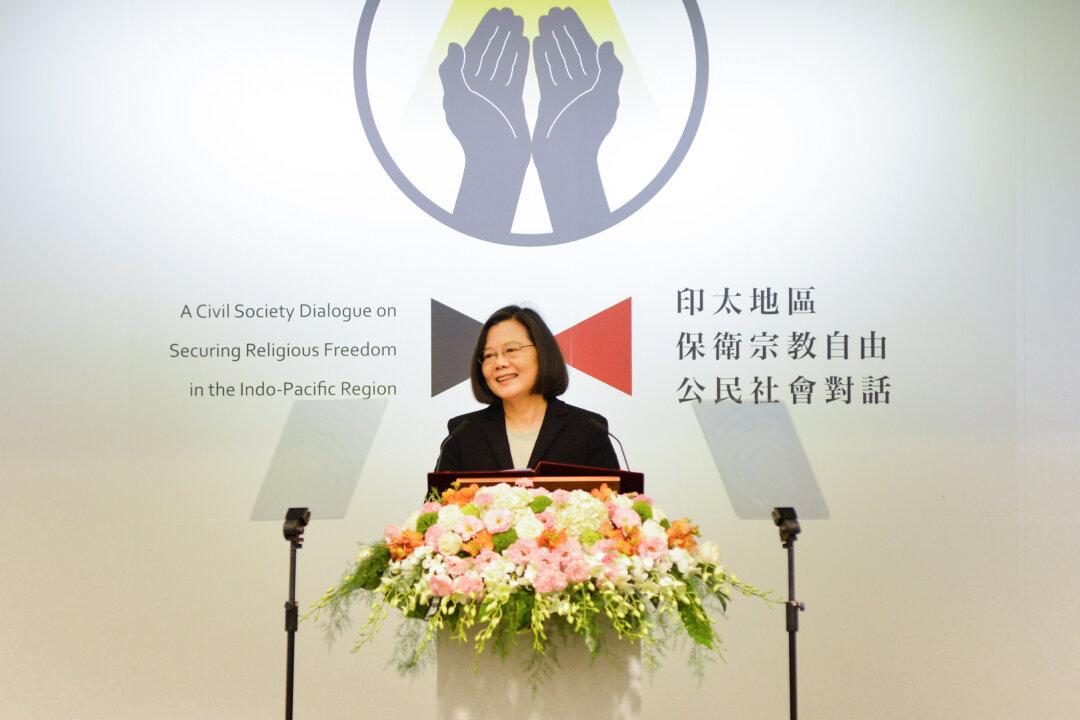A senior Taiwanese minister said the self-ruled island is looking to be a “full member” of a U.S.-led economic framework in the Indo-Pacific region, given that Taipei is a “safe and reliable” partner and a key part of the global supply chain.
“Taiwan is very willing to support the U.S. Indo-Pacific Economic Framework,” Chief Trade Negotiator John Deng said on March 9, as he addressed a virtual webinar on Taiwan’s role in global supply chains, hosted by the Brookings Institution, a Washington-based think-tank.




